Accra, Selikem Norfegali – Caritas Ghana, the development and humanitarian wing of the Ghana Catholic Bishops’ Conference, has launched its Strategic Framework 2025–2030 at its first-ever Donors’ Conference held on 20 August 2025 at the GNAT Hostel in Accra.
The gathering brought together government officials, diplomatic missions, development partners, Catholic donor agencies, and private sector representatives to explore new partnerships in support of Ghana’s most vulnerable communities.
The new framework commits Caritas Ghana to six priorities. Thus, institutional development and accountability, sustainable livelihoods, environment and climate action, peacebuilding and governance, emergency response, and social services in health and education.
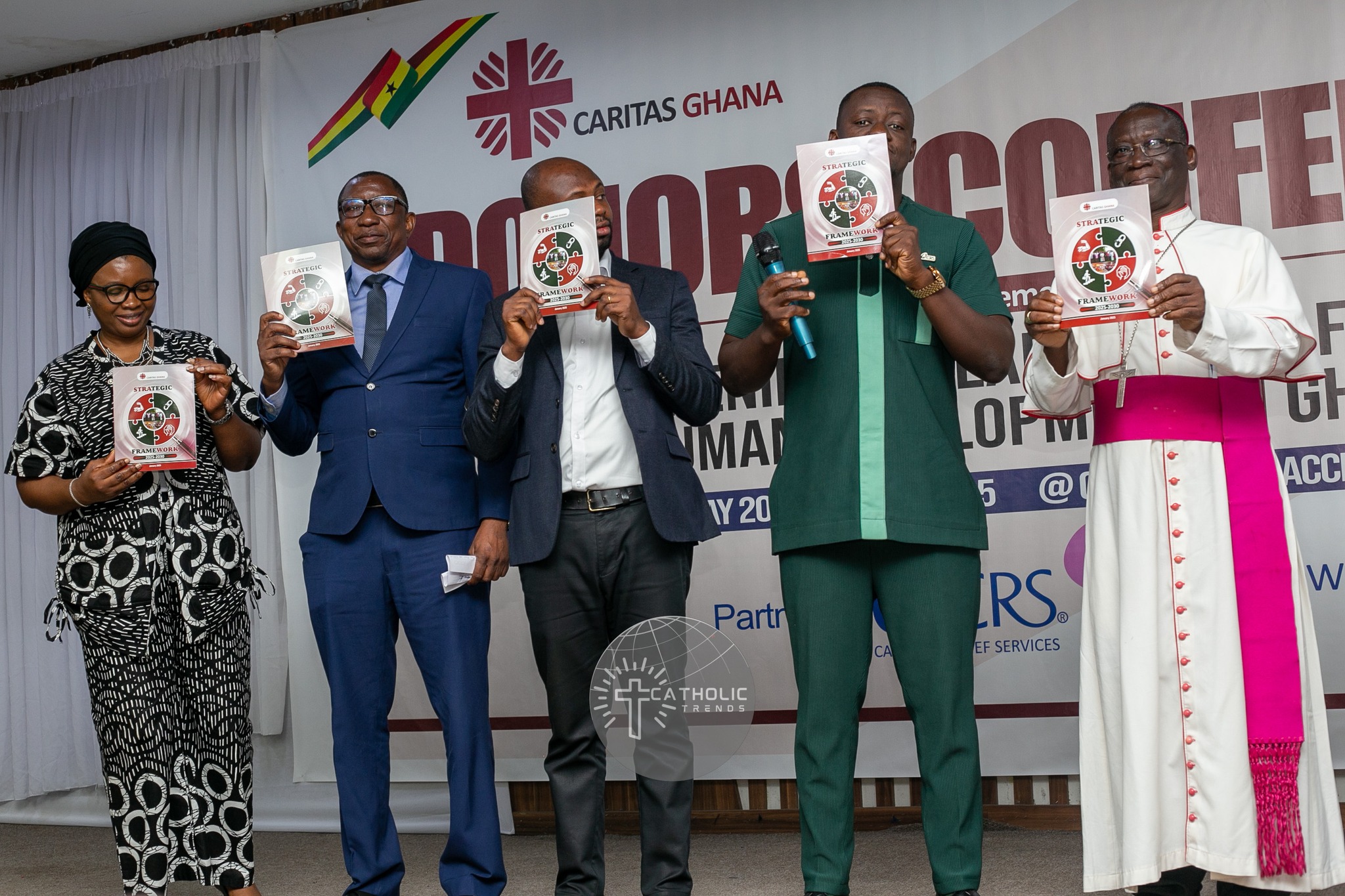
In his opening address, the President of the Ghana Catholic Bishops’ Conference, Most Rev. Matthew K. Gyamfi, described the launch as “a historic moment” and called for renewed collaboration. “We do not seek benefactors alone; we seek co-creators of change. We invite you to invest not simply in projects, but in a shared mission to nurture a Ghana where dignity, justice, and peace cease to be lofty aspirations and become the lived reality of every citizen,” he said.
For his part, the Apostolic Nuncio to Ghana, His Excellency Julian Kabore, conveyed the greetings and blessing of Pope Leo XIV, stressing that Caritas is at the very heart of the Church’s mission. “Charity never ends (1 Cor 13:8). All else will pass away, but the love offered in Christ’s name endures forever,” he noted, urging participants to see collaboration not merely as resource mobilisation but as a commitment to safeguarding human dignity.
Delivering the keynote address on “Reimagining Catholic Philanthropy: Strengthening Collaboration for Integral Human Development in Ghana”, Dr Augustine Fritz Gockel underscored the Church’s obligation to prioritise the poor.
“The Preferential Option of the Poor emphasises the moral obligation to prioritise the needs and well-being of the poor and vulnerable when making decisions and formulating policies,” he said.
Caritas Ghana operates across all 16 regions of the country through diocesan development offices, delivering programmes in education, health, governance, livelihoods, peacebuilding, and humanitarian response. Its new framework, leaders said, seeks not only to sustain these initiatives but to achieve greater impact through accountability, stronger partnerships, and alignment with Ghana’s development agenda and the UN Sustainable Development Goals.




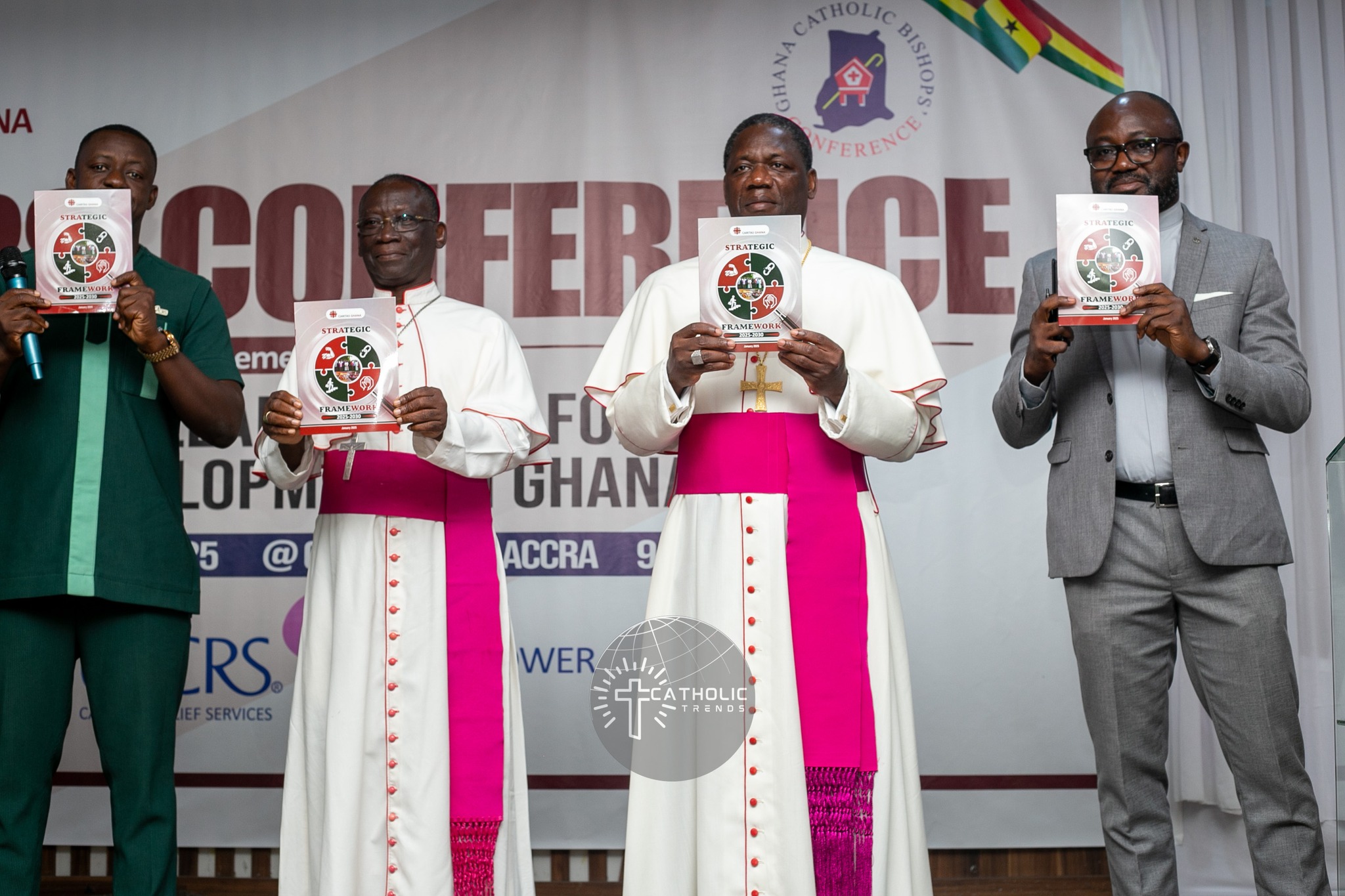
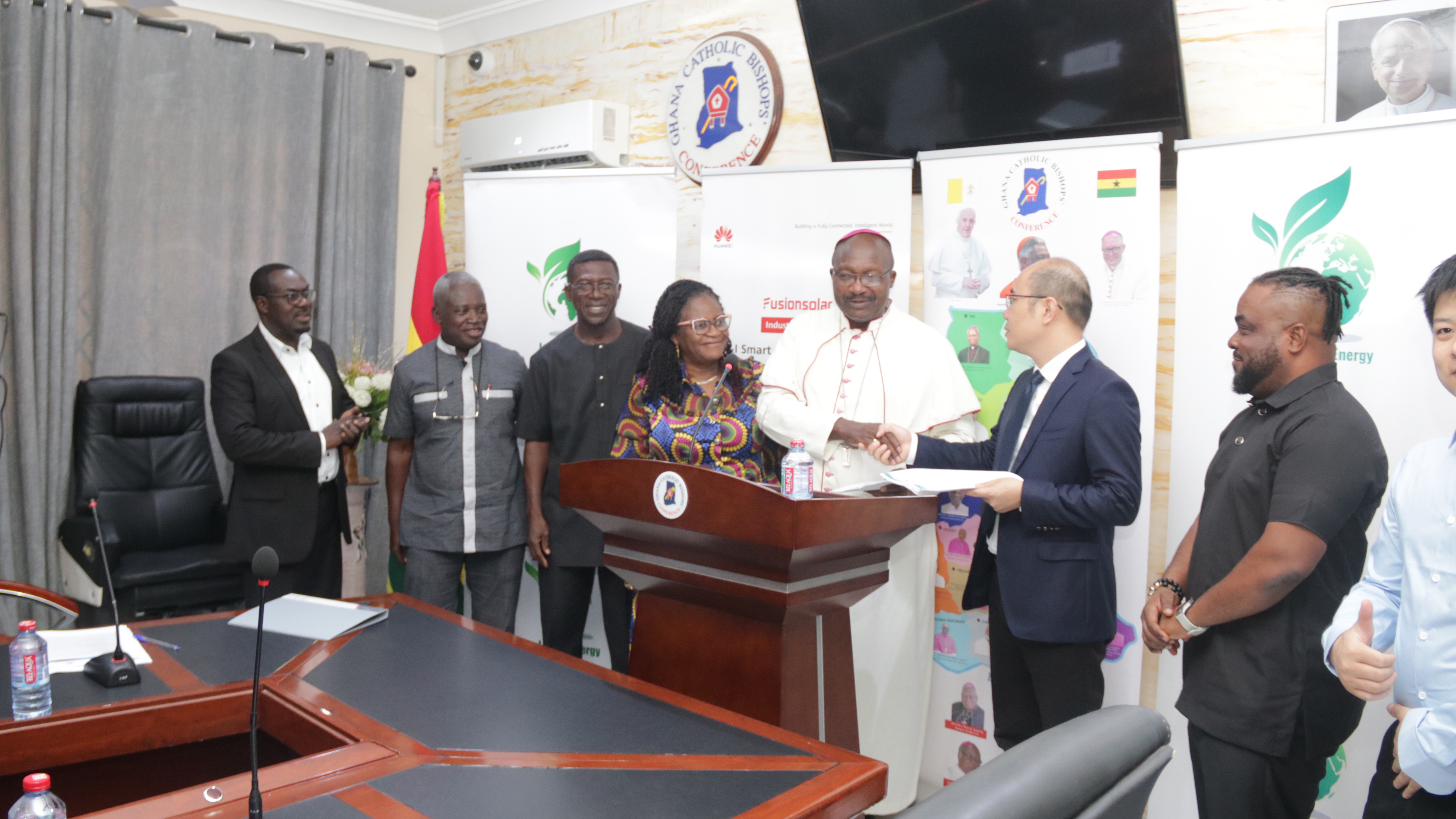
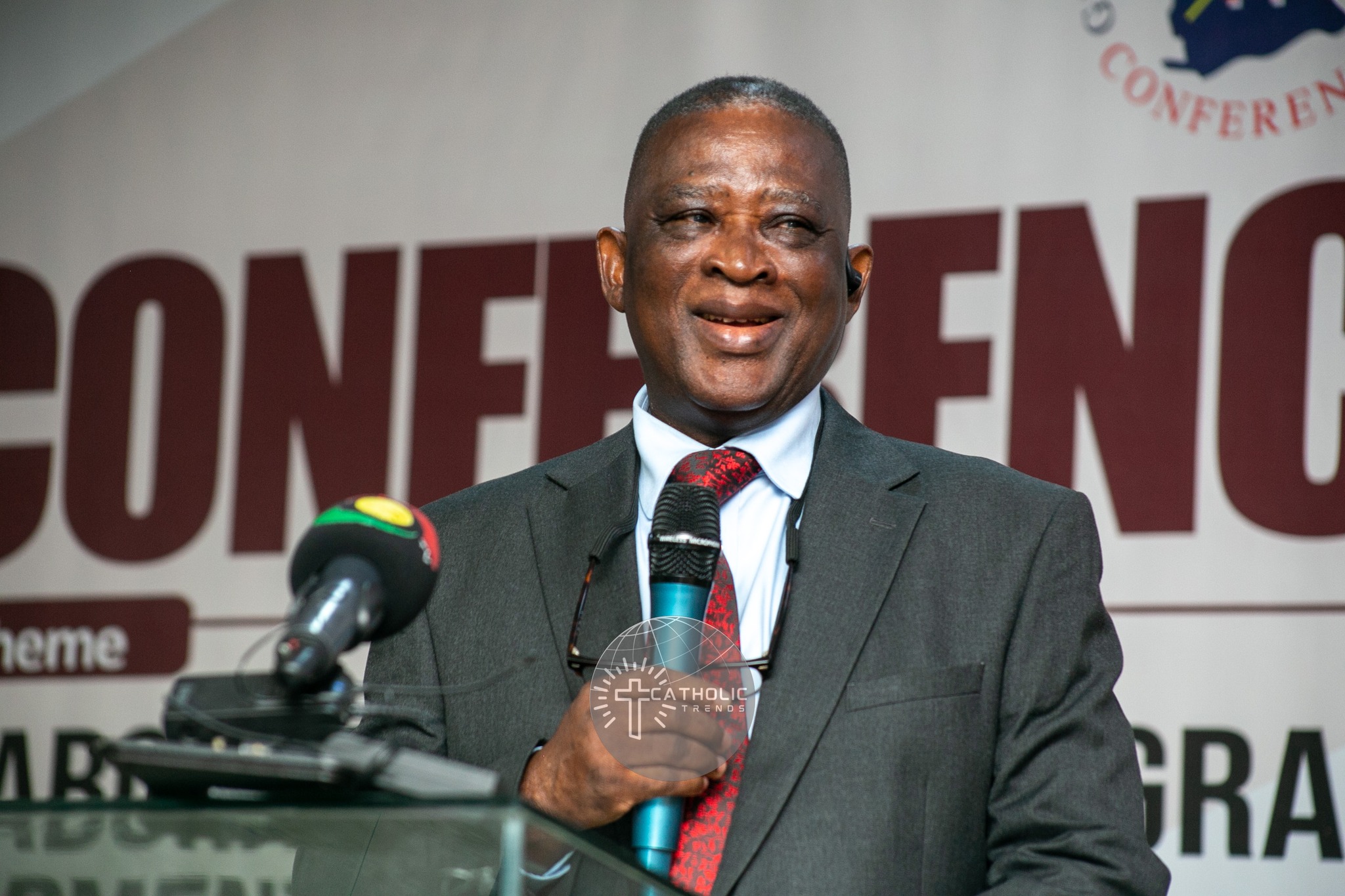
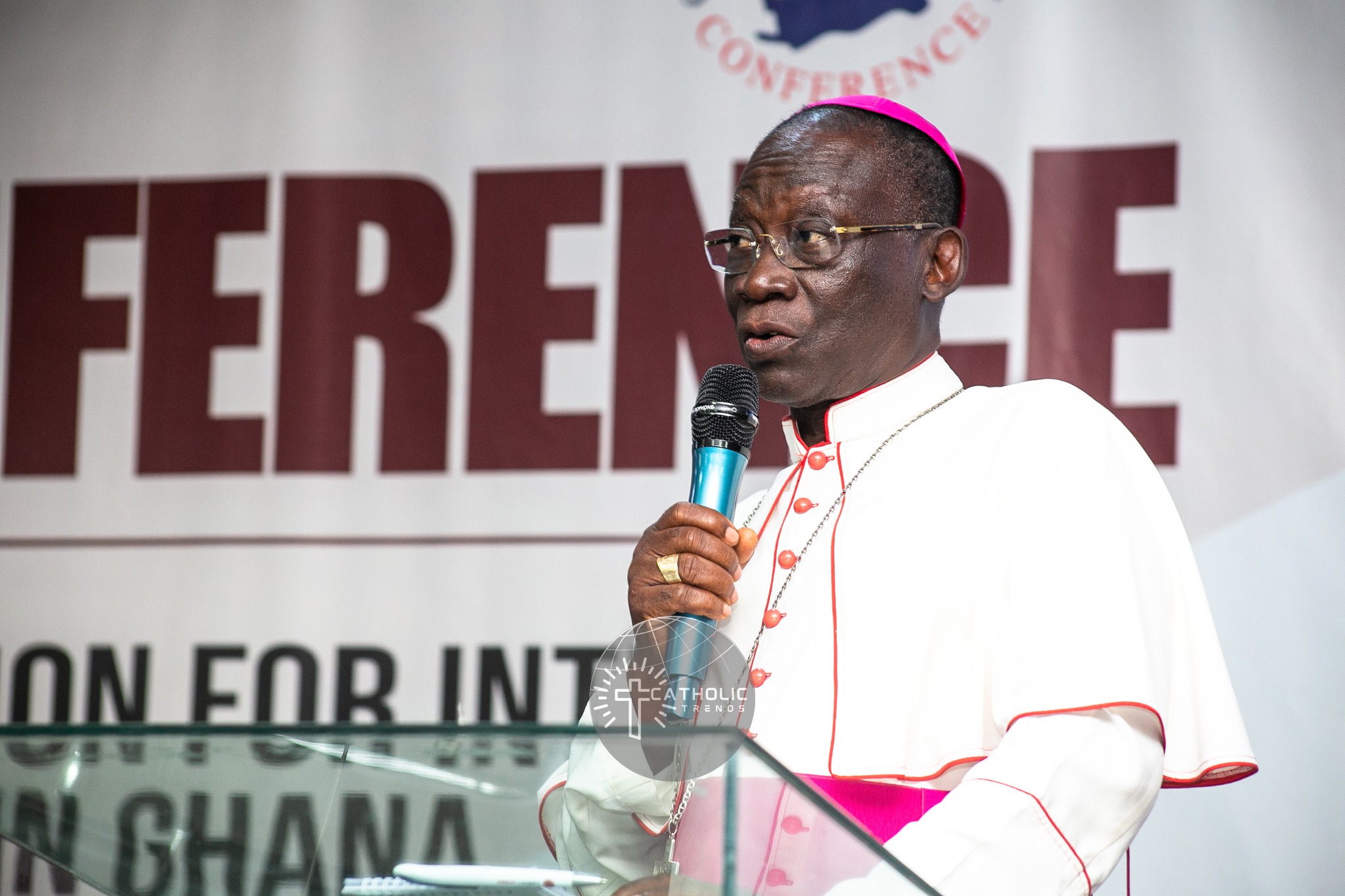
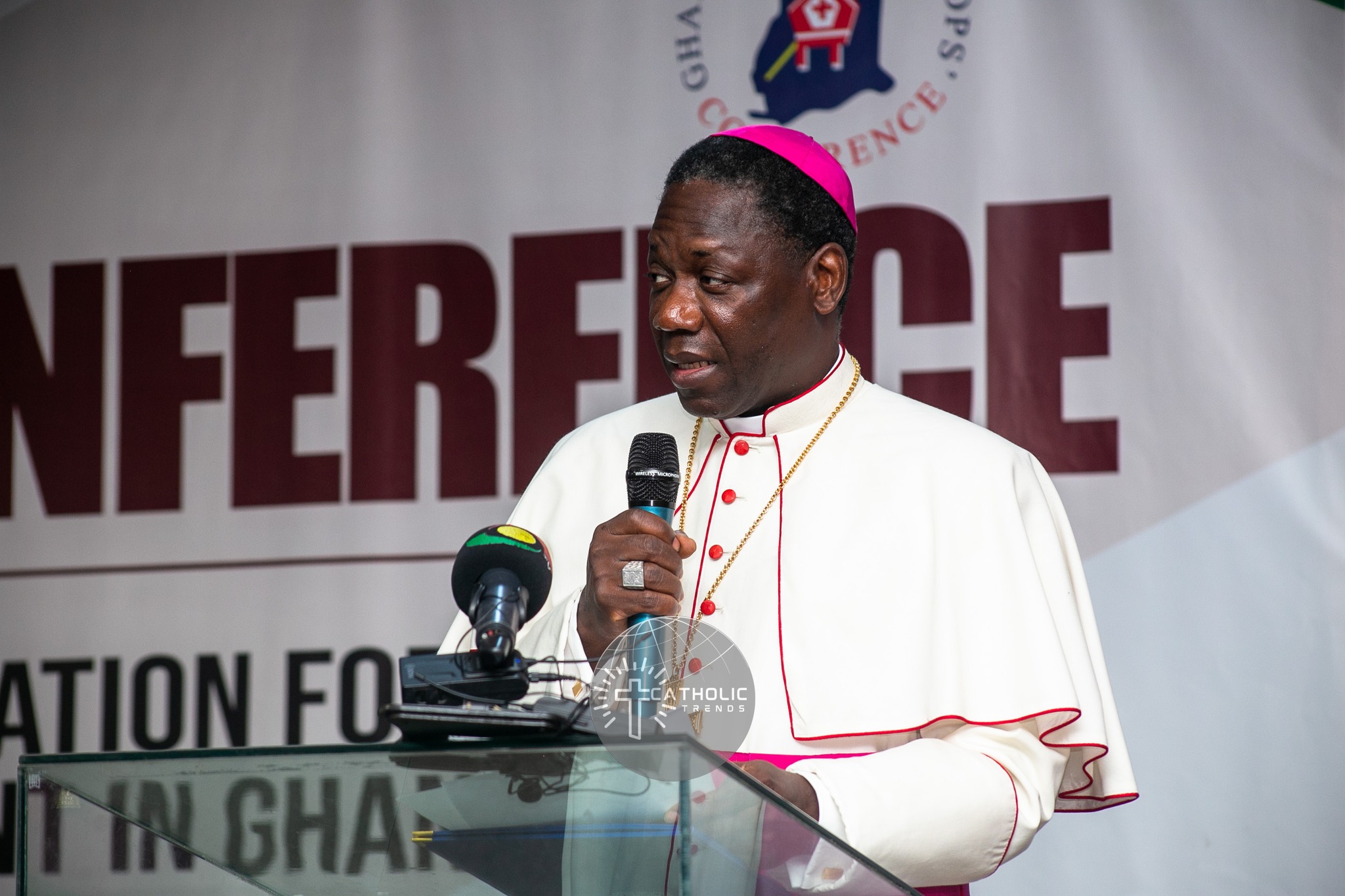

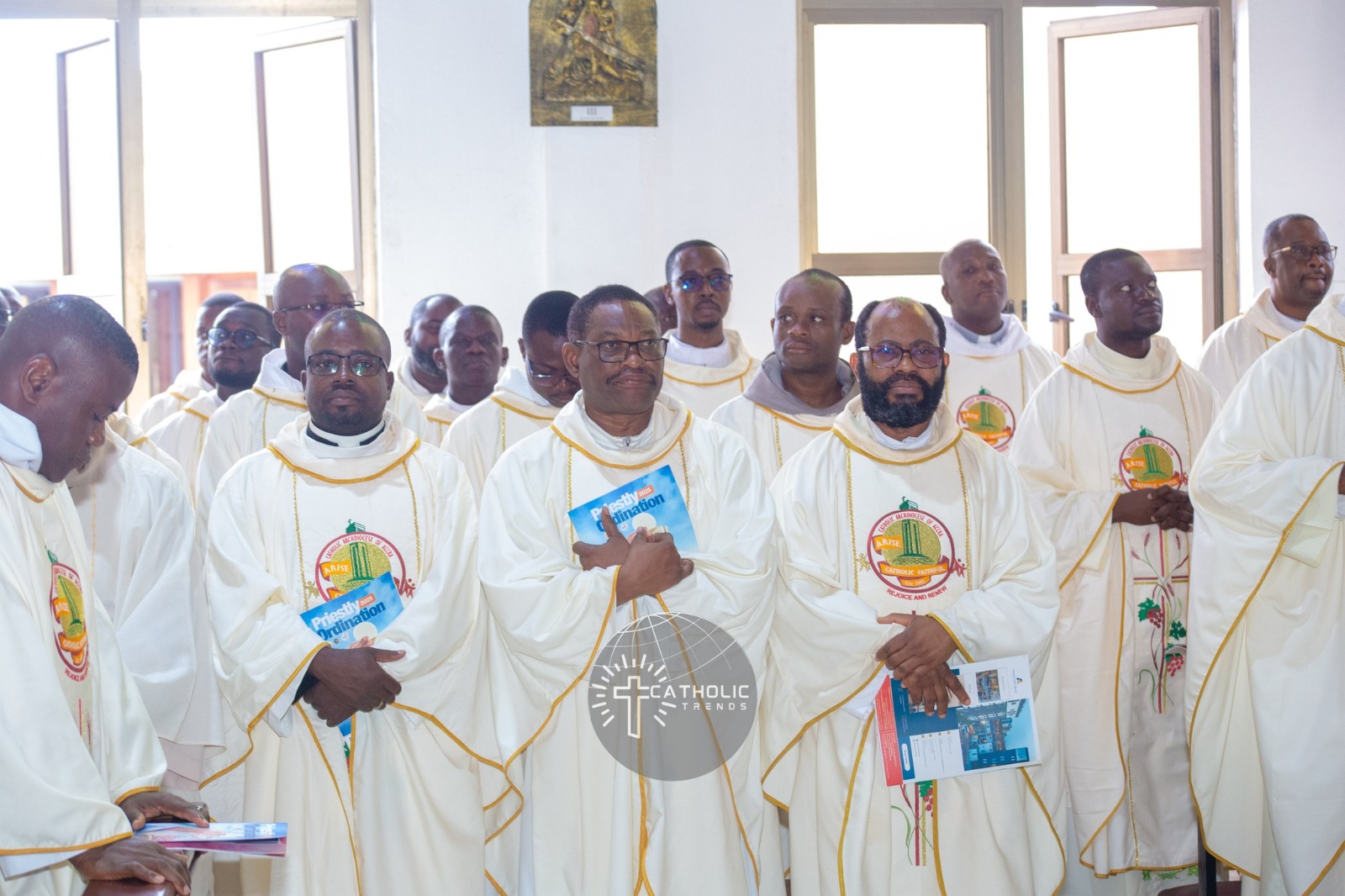

![[Article] Beginning Holy Matrimony without the bride and, or the groom? – Part 1](https://catholic-trends.com/wp-content/uploads/2025/05/4.jpg)


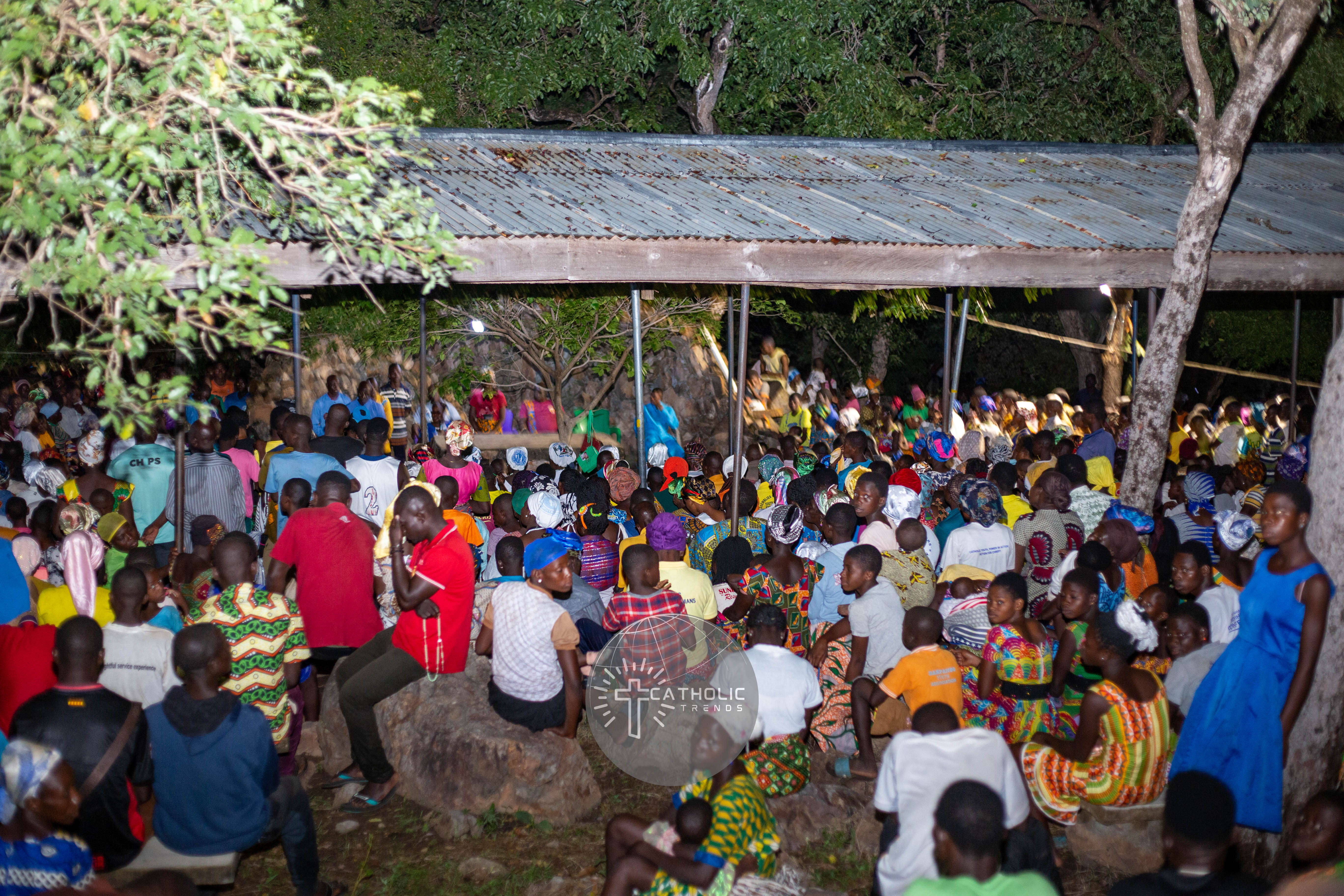
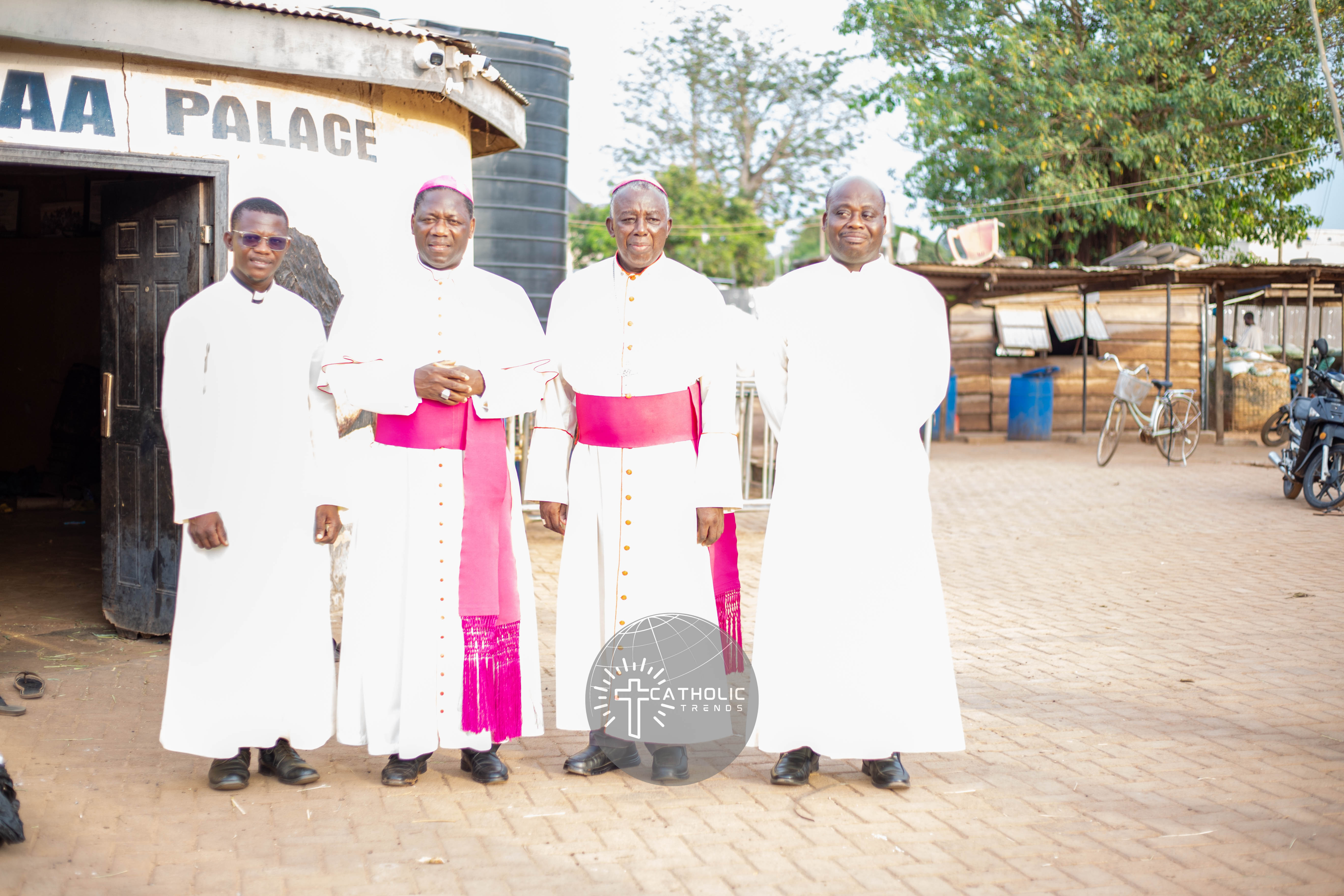

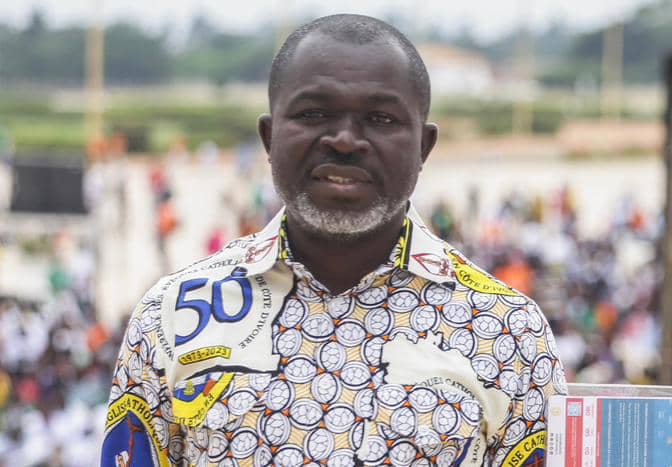

Discussion about this post